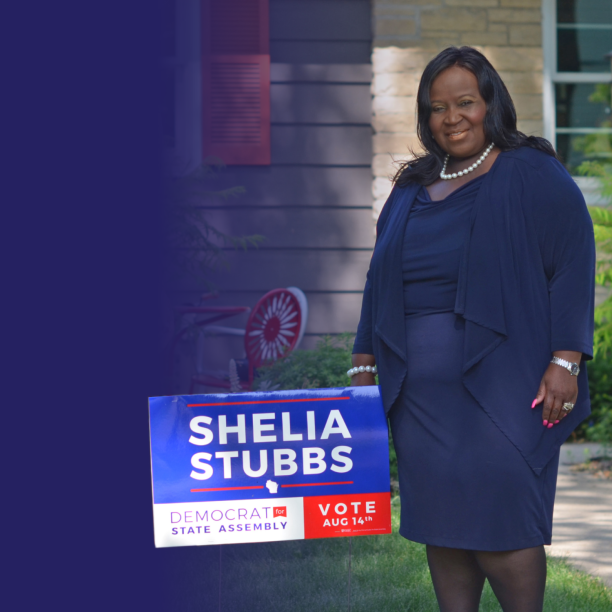What do you get when you take everyday activities performed by Black bodies, add white fragility, and multiply it all by the presence of state policing? Although this might seem like a trick question because this equation has many names, the outcome is the same. Hence the birth of the “Cornerstone Caroline”, “BBQ Becky”, “Permit Patty”, “Coupon Carl”, and many more.

Earlier this month, a white woman, Teresa Klein, alleged that 9-year-old Jeremiah Harvey sexually assaulted her in a Brooklyn bodega. Klein had been reaching over the counter to retrieve an item when she felt something graze her behind. When she turned around, she identified the young boy, as the perpetrator and followed him out the store. In a video, posted on Facebook by a longtime resident of the area, Klein was recorded calling the police. After causing a scene, in front of the bodega, the security tape revealed that Klein’s accusations were false. It was Jeremiah’s book bag that had hit her on his way out of the store. This similarities between Jeremiah Harvey and Emmett Till struck me. In 1955 Till was the victim of the weaponization of white womanhood just as Harvey was in 2018. Although Jeremiah was sparred from this type of physical violence, he was still effect by the threat of police intervention.
A couple days ago, The New York Times partnered with actress/comedian Neicy Nash to release a satirical infomercial to promote a hotline that offers an alternative to calling the police in those types of situations. As the video explains, the hotline serves to reassure white customers that the “suspicious” black person making them “uncomfortable” is not a threat. Pitchwoman, Niecy Nash uses a mixture of satire and actual videos to highlight the absurdity but real-life consequences of calling the police for non-violent and non-criminal activities.


